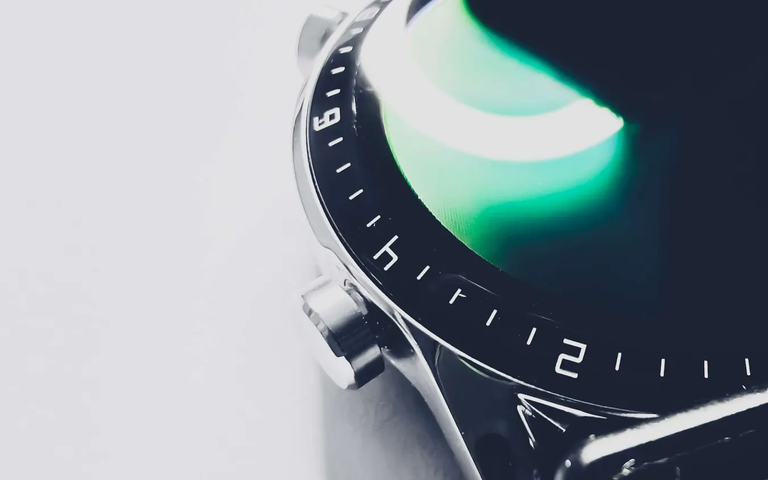There is only so much time available to us as an individual, so we should be far more discerning with where and how we spend our time than we tend to be. We have found ways to give us more power over our time, yet seem to flit it away frivolously on things that don't matter, putting our energy worrying about irrelevancies. Wouldn't it be nice to know definitively what we should be doing to achieve our goals?

Maybe that is what people should be using AI for
- Build an exercise routine to meet goals
- Design a diet to meet goals
- Create a schedule to meet goals
How much time should passive entertainment be per day?
I am pretty sure if someone designed their life using AI prompts and followed them, they would get a far better result than they would get from doing whatever they are doing at the moment. Because the AI doesn't carry all the baggage and excuses a person does, so it doesn't favour one thing over another, it just suggests what it thinks will work.
At least at a low level like meeting basic human goals.
Instead, people use AI to avoid having to do stuff. They use it to replace skills, or provide skills they don't have, to have shortcuts to a result they can't provide for themselves. Like image and text creation. This usage is about reducing activity, not improving the ability to act.
My daughter said something funny the other night while eating dinner. She said that if she had superpowers, she wouldn't use them at school because if she lost them at some point, she wouldn't know anything. Essentially, this is what people are doing when they keep using the tools to replace their abilities, because even though they might not lose the tools, what they do lose is the ability to benefit from the compounding of personal skills.
People are very "result based" these days, but aren't interested in the journey. It is pretty much the opposite of what philosophers have said is the path of a good life, where the destination is less important than the road to get there. So many are looking to jump to the end, which saves time, but it loses the majority of the value. The journey is our creative self, meeting challenge, overcoming, and innovating along the way. It means that we "make our life" and even if we don't get to where we were aiming, we have built experience along the way.
Jump to the end, and what have we experienced?
What if we consumed entertainment in the same way, where we only watched the last episode of a series, read the last chapter of a book, or watched the last minute of a basketball game? We would know the result, but was that where the value lay?
Experience is valuable.
Because it takes time and attention to build.
Maybe rather than looking at what kinds of results we want to get, we should instead think about what kinds of experiences we want to have in life. And many experience can't be had until enough time and attention has been put into the journey. What is it like to be in a loving relationship for a decade? What does it feel like to send a child off to their first day of school, or the day after they have moved out of the home? What does it feel like to be incredibly good at an in-demand skill, or to climb Everest?
We keep looking to speed up the process so that we can get to the end faster, but what are we losing along the way because it can inly be accomplished in time, with attention, and speed puts it out of reach?
And I think that this is why we spend so much time and energy worrying about what doesn't matter, what grabs our attention from moment to moment, because the journey is very short and we can get an outcome fast. The more we do this though, the less time is spent on the things that actually matter, and as a result, the lower our experience is. We might get a sense that we have completed a lot, but what have we done if we have learned nothing along the way?
Taraz
[ Gen1: Hive ]